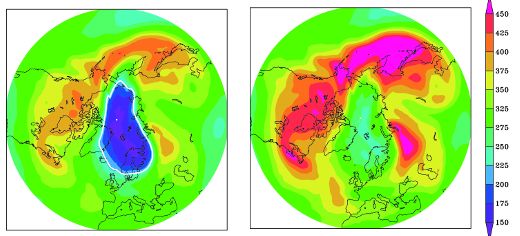
Severe ozone depletion avoided
We are already reaping the rewards of the Montreal Protocol, with the ozone layer in much better shape than it would have been without the UN treaty, according to a new study in Nature Communications.

We are already reaping the rewards of the Montreal Protocol, with the ozone layer in much better shape than it would have been without the UN treaty, according to a new study in Nature Communications.
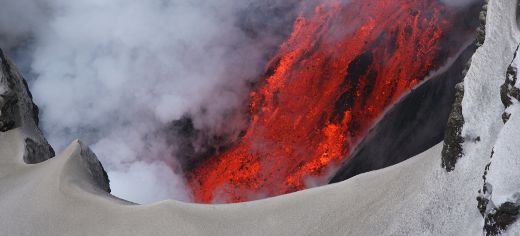
Predictions of where planes can safely fly following volcanic eruptions could be improved, thanks to fresh discoveries about ash clouds.

New research has found that around 1% of all tree species in the Amazon store 50% of carbon in the region.
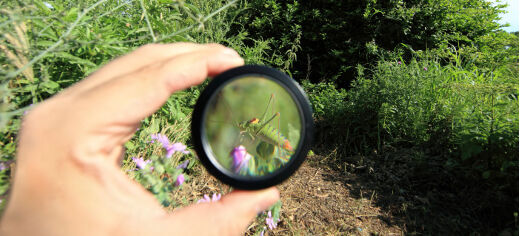
University of Leeds researchers are playing a key role in a €7 million international collaboration, granted by the European Union's Horizon 2020 fund, to develop new, eco-friendly pesticides.
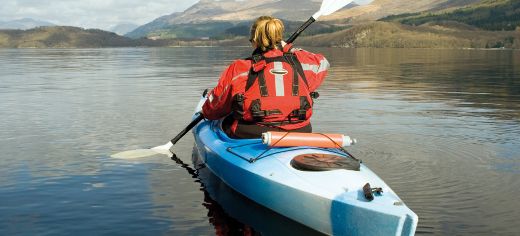
Hot water could be the answer to stopping aquatic invasive species from "hitchhiking" around Britain on anglers' and canoeists' kit, according to a new study.
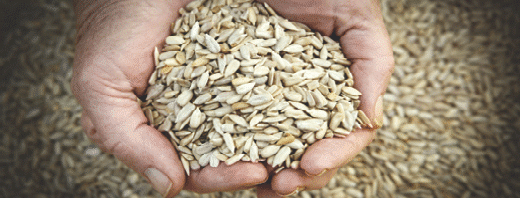
The University of Leeds will be driving innovation in food security after a new multi-million pound research grant was awarded by government.

Parasites can play an important role in driving cannibalism, according to a new research which looked at cannibalism among freshwater shrimp in Northern Ireland.

The most extensive land-based study of the Amazon to date reveals it is losing its capacity to absorb carbon from the atmosphere.

The human-dominated geological epoch known as the Anthropocene probably began around the year 1610, according to new research published today in Nature.
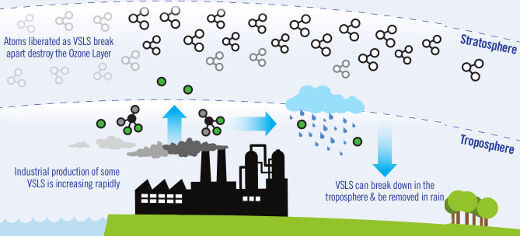
Scientists report that chemicals that are not controlled by a United Nations treaty designed to protect the Ozone Layer are contributing to ozone depletion.